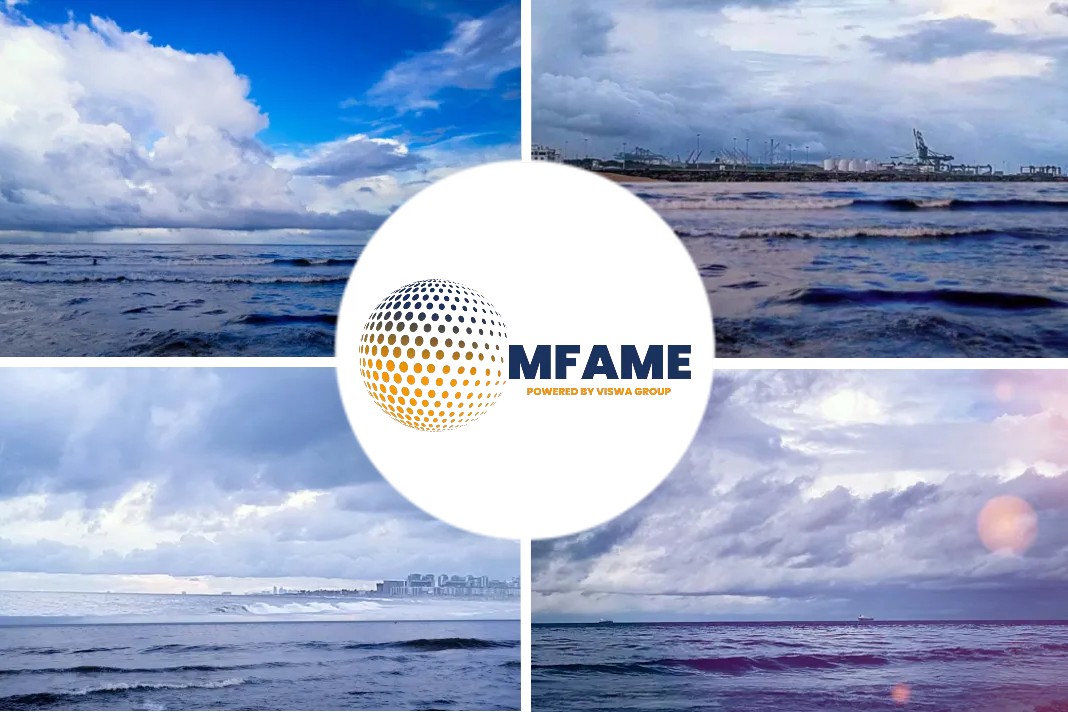In the recently published Annual Review, INTERCARGO highlighted the sulphur limit implementation scenario and the initiatives they have taken so far. Here’s a glimpse of that report.
Early Consideration of Transitional Issues
On the implementation of the 0.50% sulphur limit from 1 January 2020 for ship bunkers, INTERCARGO promoted early on the consideration of transitional issues such as the availability of compliant fuel, the impact on machinery systems, verification mechanisms and any regulatory amendments or guidelines required.
2020 Safety Concerns?
INTERCARGO supported the 2020 Sulphur Limit regulation and its implementation date of 1 January 2020. However, our Association could not ignore the safety issues that are likely to arise from this important regulation.
The successful, effective and orderly implementation of the regulation rests not only with ship operators but equally with the IMO Member States and with suppliers (involving oil refineries, bunker suppliers and charterers) who need to secure the worldwide availability of safe compliant fuels – a particular problem for ships in the dry bulk tramp trades.
Fuel Safety Key Concern
In view of the upcoming milestone date of 1 January 2020, INTERCARGO expressed its growing concern in view of the magnitude of the challenge lying ahead for the industry and the need for a smooth transition.
- The global availability of safe compliant fuels is a key question that remains largely unanswered.
- The requirement for the sulphur content of fuel oil used by ships operating outside designated emission control areas not to exceed 0.50% as of 1 January 2020 marks a sea change in the marine fuels’ supply chain.
- It is extremely worrying that compliant fuels as of mid-2019 were made available only in a limited number of ports and under unfavourable terms for voluntary early testing by ships, as charterers/operators are not currently obliged to purchase future compliant fuel.
Hence, the practical testing of new fuels and crew training, which is only possible under real conditions aboard ships, has been very limited and pushed to the end of year – this situation creates significant safety implications for the operation of ships, which could eventually threaten the safety of seafarers, ships, and cargoes, as well as the marine environment.
Did you subscribe to our daily newsletter?
It’s Free! Click here to Subscribe!
Source: Intercargo

























